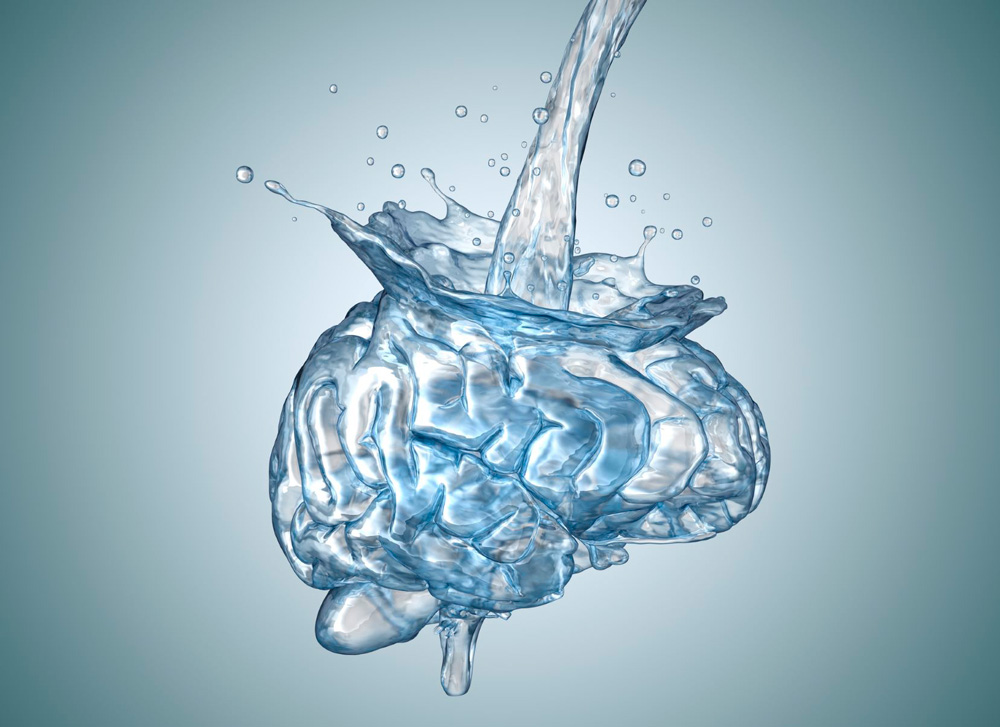By Payton Weaver
Water, the elixir of life, has long been hailed for its numerous health benefits. From supporting bodily functions to promoting overall well-being, water plays a crucial role in maintaining our physical health. However, its significance extends beyond that. In recent years, researchers and experts have discovered a fascinating connection between water and neurofeedback – the practice of training the brain to optimize its functioning. In this blog post, we’ll explore how water can be a powerful ally in enhancing neurofeedback and contributing to a healthy mind.
Understanding Neurofeedback
Before diving into the link between water and neurofeedback, let’s briefly understand what neurofeedback is. Neurofeedback, also known as neurostimulation, is a non-invasive therapeutic technique that involves applying electrical or magnetic impulses to specific areas of the nervous system to modulate its activity. It is used to treat various psychological disorders and conditions by influencing the firing patterns of neurons and altering neural communication.
Through consistent sessions, neurofeedback aims to help individuals modify their brainwave patterns to achieve desired outcomes. It can be an effective intervention for a range of conditions, including anxiety, depression, attention disorders, and more.
The Role of Water in Neurofeedback
- Hydration and Brain Function: The brain is composed of about 73% water, and adequate hydration is essential for optimal cognitive performance. When dehydrated, the brain may experience decreased alertness, difficulty concentrating, and impaired cognitive function. By staying properly hydrated, individuals undergoing neurofeedback training can optimize their brain’s responsiveness to the feedback and improve the efficiency of the learning process.
- Improved Brain Connectivity: Adequate water intake supports the brain’s intricate communication network. The brain’s cells, called neurons, exchange electrical signals to facilitate communication. Water helps to maintain the fluidity of cell membranes, which is crucial for proper signal transmission and connectivity. With enhanced brain connectivity, neurofeedback participants can potentially experience more robust and efficient self-regulation of brainwave patterns.
- Stress Reduction: High-stress levels can hinder neurofeedback progress as stress affects brain function and hampers learning abilities. Proper hydration can help mitigate stress by promoting a balanced production of stress hormones. Consequently, participants may find it easier to focus, relax, and engage effectively in neurofeedback sessions.
Tips for Optimal Hydration during Neurofeedback
Now that we understand how water influences neurofeedback, let’s explore some practical tips for maintaining optimal hydration during the training process:
- Set a Water Intake Schedule: Create a habit of drinking water at regular intervals throughout the day. Consider setting reminders or using apps that help track your water intake.
- Invest in a Reusable Water Bottle: Keep a reusable water bottle within reach during neurofeedback sessions. Having water readily available will make it more convenient to hydrate regularly.
- Monitor Urine Color: Monitoring the color of your urine can give you a good indication of your hydration status. Pale yellow or straw-colored urine suggests adequate hydration, while dark yellow or amber urine indicates the need for more water.
- Incorporate Water-Rich Foods: Include water-rich foods like fruits and vegetables in your diet. These can contribute to your daily water intake and provide essential nutrients for brain health.
- Avoid Excessive Caffeine and Alcohol: Both caffeine and alcohol can dehydrate the body, so if consumed, consume them in moderation and compensate with extra water when necessary.
Conclusion
Water, often referred to as the elixir of life, holds profound significance in supporting neurofeedback for a healthy mind. As our brain’s most vital resource, proper hydration enables optimal brain function, connectivity, and stress reduction, which are all crucial elements of successful neurofeedback training. By being mindful of our water intake and ensuring we stay hydrated, we can enhance the benefits of neurofeedback and take positive strides toward improving our cognitive well-being.
So, raise a glass to good health and a thriving mind – all thanks to the simple yet powerful elixir of life: water!


